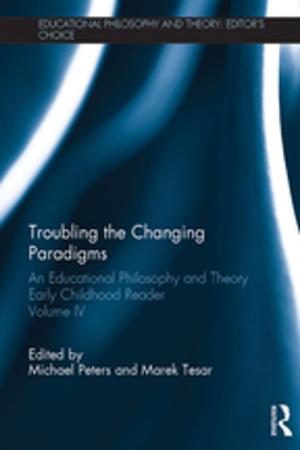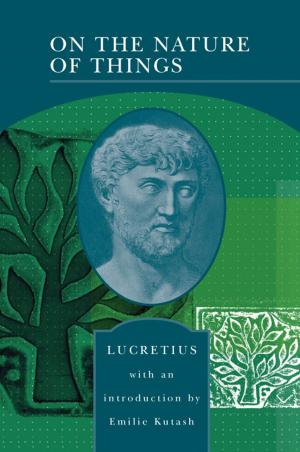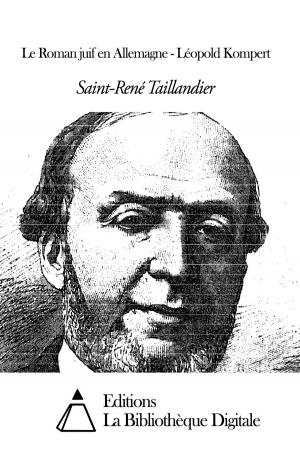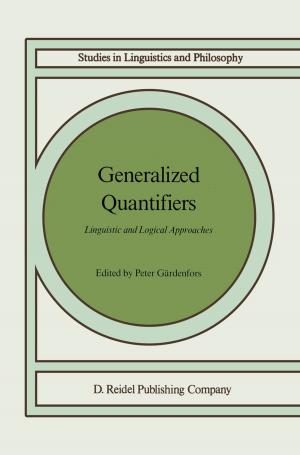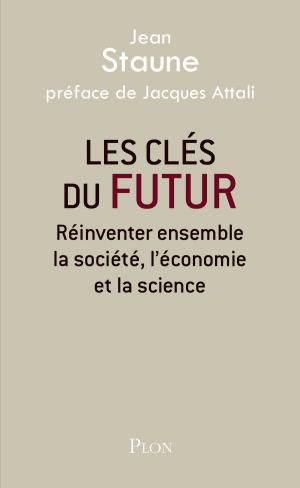The Davey Dialogues - An Exploration of the Scientific Foundations of Human Culture
Nonfiction, History, Civilization, Science & Nature, Science, Religion & Spirituality, Philosophy| Author: | John C. Madden | ISBN: | 9780991767533 |
| Publisher: | STC Enterprises Inc. | Publication: | July 9, 2013 |
| Imprint: | STC Enterprises Inc. | Language: | English |
| Author: | John C. Madden |
| ISBN: | 9780991767533 |
| Publisher: | STC Enterprises Inc. |
| Publication: | July 9, 2013 |
| Imprint: | STC Enterprises Inc. |
| Language: | English |
Linking Science and Science History with Culture - Essential Science for the Non-scientist.
The Davey Dialogues is an easy-to-understand history and background to key discoveries which have altered our perception of our universe and of ourselves, couched as a dialogue between the writer and a mysterious extra-terrestrial being with an agenda that may surprise you.
The dialogues provide background on the historical development of carefully selected scientific topics which are important to our understanding of ourselves and our surroundings. Amongst the questions discussed are: What do we know about our universe and how did we find out? How do we know how old it is, and, for that matter, how far away individual stars and galaxies are? How might life have originated? How does life replicate and change over time? How did religion evolve and why? To what extent do our brains resemble computers? How do we remember faces, facts and figures, and how do we think laterally? Do we have a free will? What is happiness and how can we maximize it?
"[A] rich, intelligent . . important book . . . clearly written."
J. Fraser Mustard, CC, Founding President, The Canadian Institute for Advanced Research
The Davey Dialogues is an easy-to-understand history and background to key discoveries which have altered our perception of our universe and of ourselves, couched as a dialogue between the writer and a mysterious extra-terrestrial being with an agenda that may surprise you.
The dialogues provide background on the historical development of carefully selected scientific topics which are important to our understanding of ourselves and our surroundings. Amongst the questions discussed are: What do we know about our universe and how did we find out? How do we know how old it is, and, for that matter, how far away individual stars and galaxies are? How might life have originated? How does life replicate and change over time? How did religion evolve and why? To what extent do our brains resemble computers? How do we remember faces, facts and figures, and how do we think laterally? Do we have a free will? What is happiness and how can we maximize it?
"[A] rich, intelligent . . important book . . . clearly written."
J. Fraser Mustard, CC, Founding President, The Canadian Institute for Advanced Research
Linking Science and Science History with Culture - Essential Science for the Non-scientist.
The Davey Dialogues is an easy-to-understand history and background to key discoveries which have altered our perception of our universe and of ourselves, couched as a dialogue between the writer and a mysterious extra-terrestrial being with an agenda that may surprise you.
The dialogues provide background on the historical development of carefully selected scientific topics which are important to our understanding of ourselves and our surroundings. Amongst the questions discussed are: What do we know about our universe and how did we find out? How do we know how old it is, and, for that matter, how far away individual stars and galaxies are? How might life have originated? How does life replicate and change over time? How did religion evolve and why? To what extent do our brains resemble computers? How do we remember faces, facts and figures, and how do we think laterally? Do we have a free will? What is happiness and how can we maximize it?
"[A] rich, intelligent . . important book . . . clearly written."
J. Fraser Mustard, CC, Founding President, The Canadian Institute for Advanced Research
The Davey Dialogues is an easy-to-understand history and background to key discoveries which have altered our perception of our universe and of ourselves, couched as a dialogue between the writer and a mysterious extra-terrestrial being with an agenda that may surprise you.
The dialogues provide background on the historical development of carefully selected scientific topics which are important to our understanding of ourselves and our surroundings. Amongst the questions discussed are: What do we know about our universe and how did we find out? How do we know how old it is, and, for that matter, how far away individual stars and galaxies are? How might life have originated? How does life replicate and change over time? How did religion evolve and why? To what extent do our brains resemble computers? How do we remember faces, facts and figures, and how do we think laterally? Do we have a free will? What is happiness and how can we maximize it?
"[A] rich, intelligent . . important book . . . clearly written."
J. Fraser Mustard, CC, Founding President, The Canadian Institute for Advanced Research

